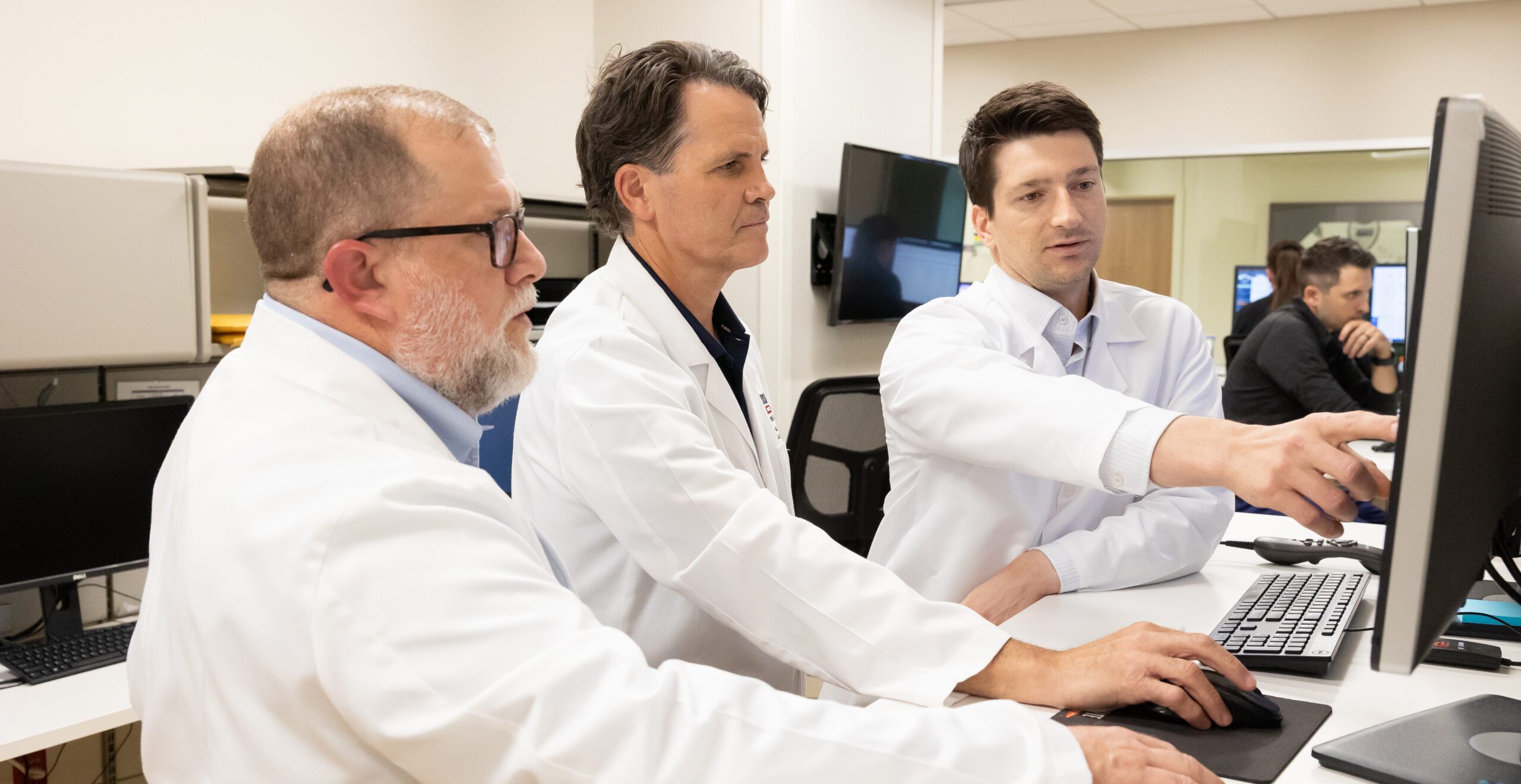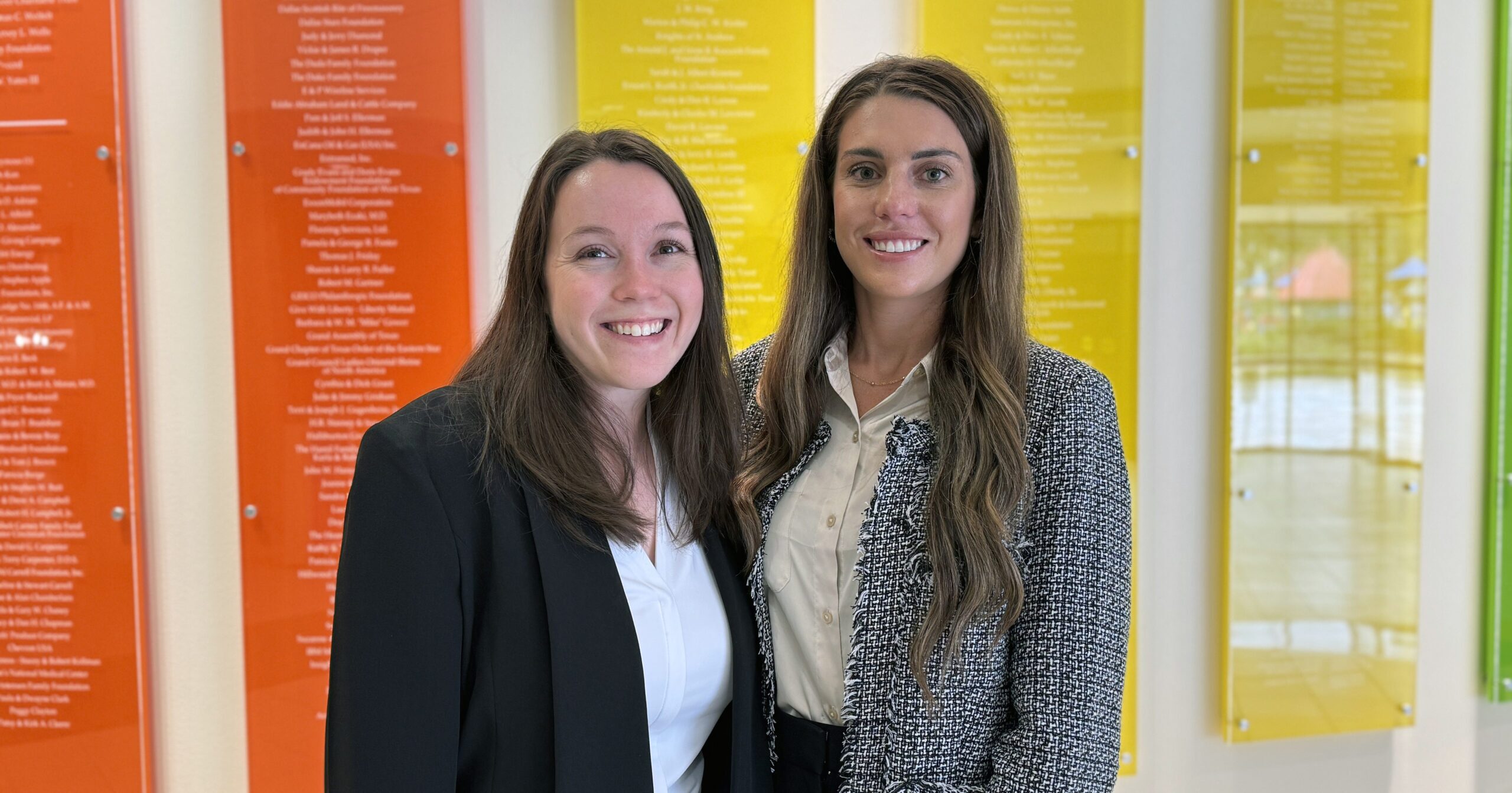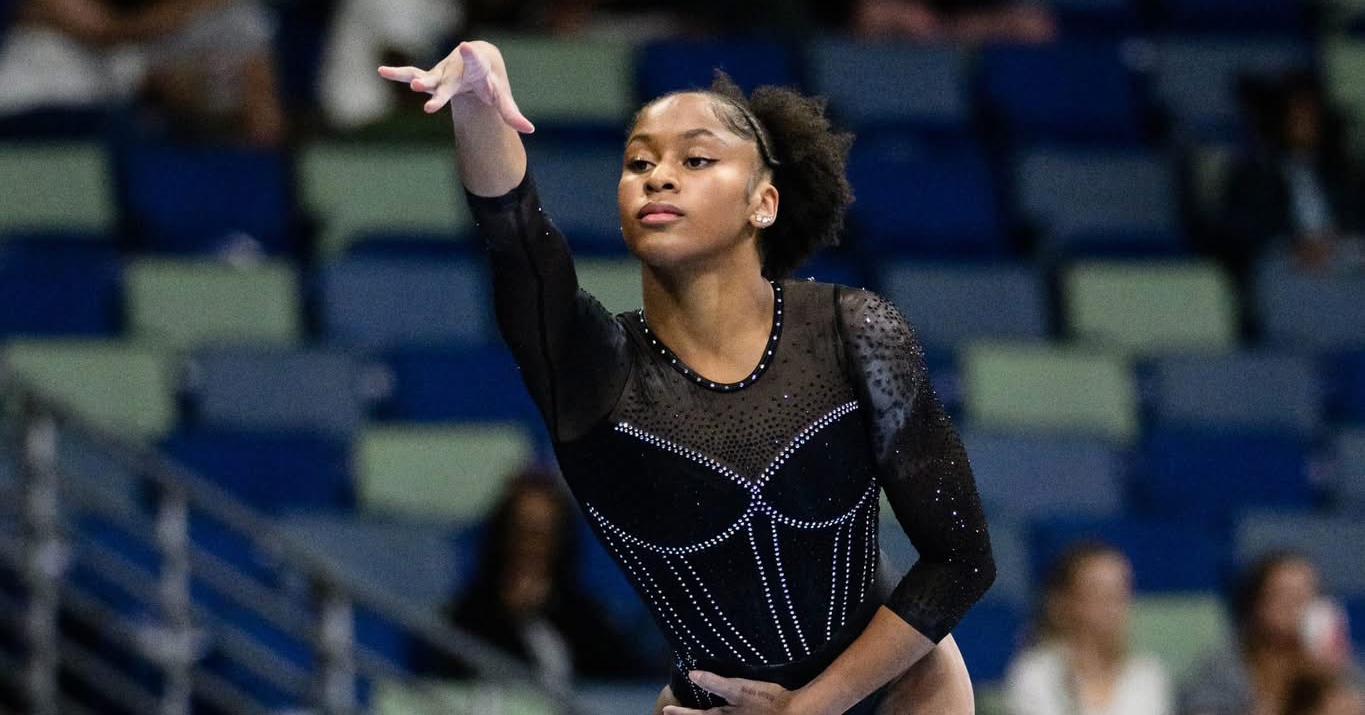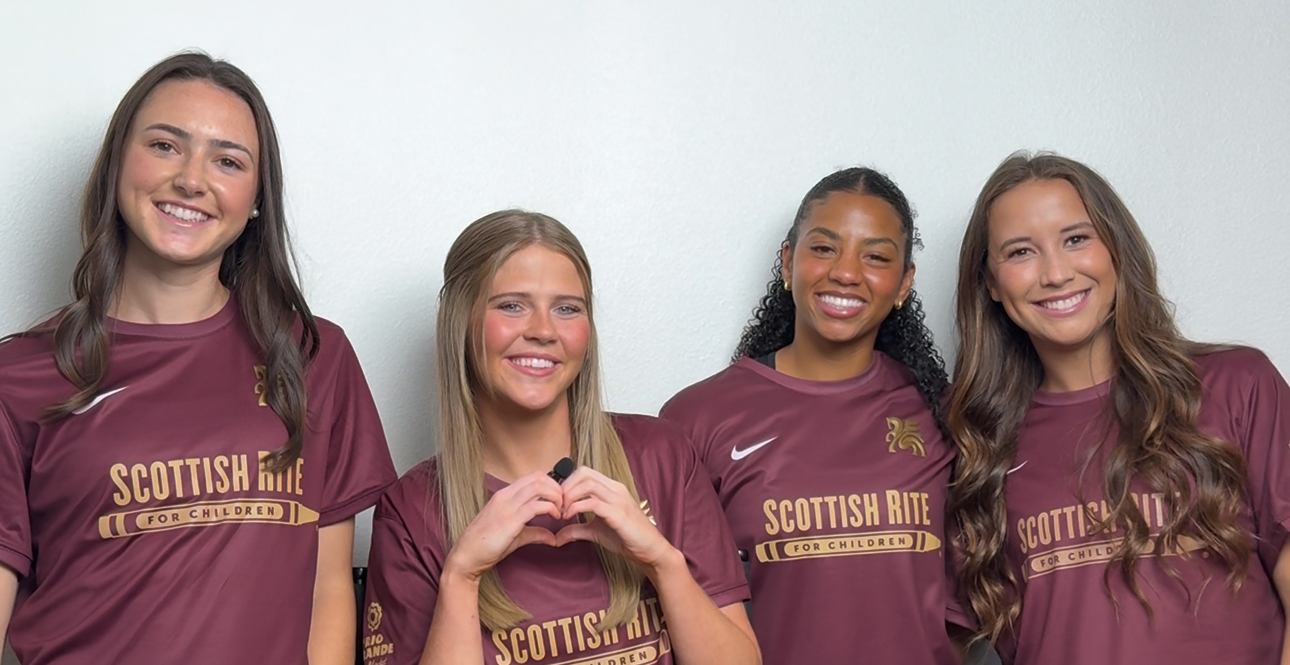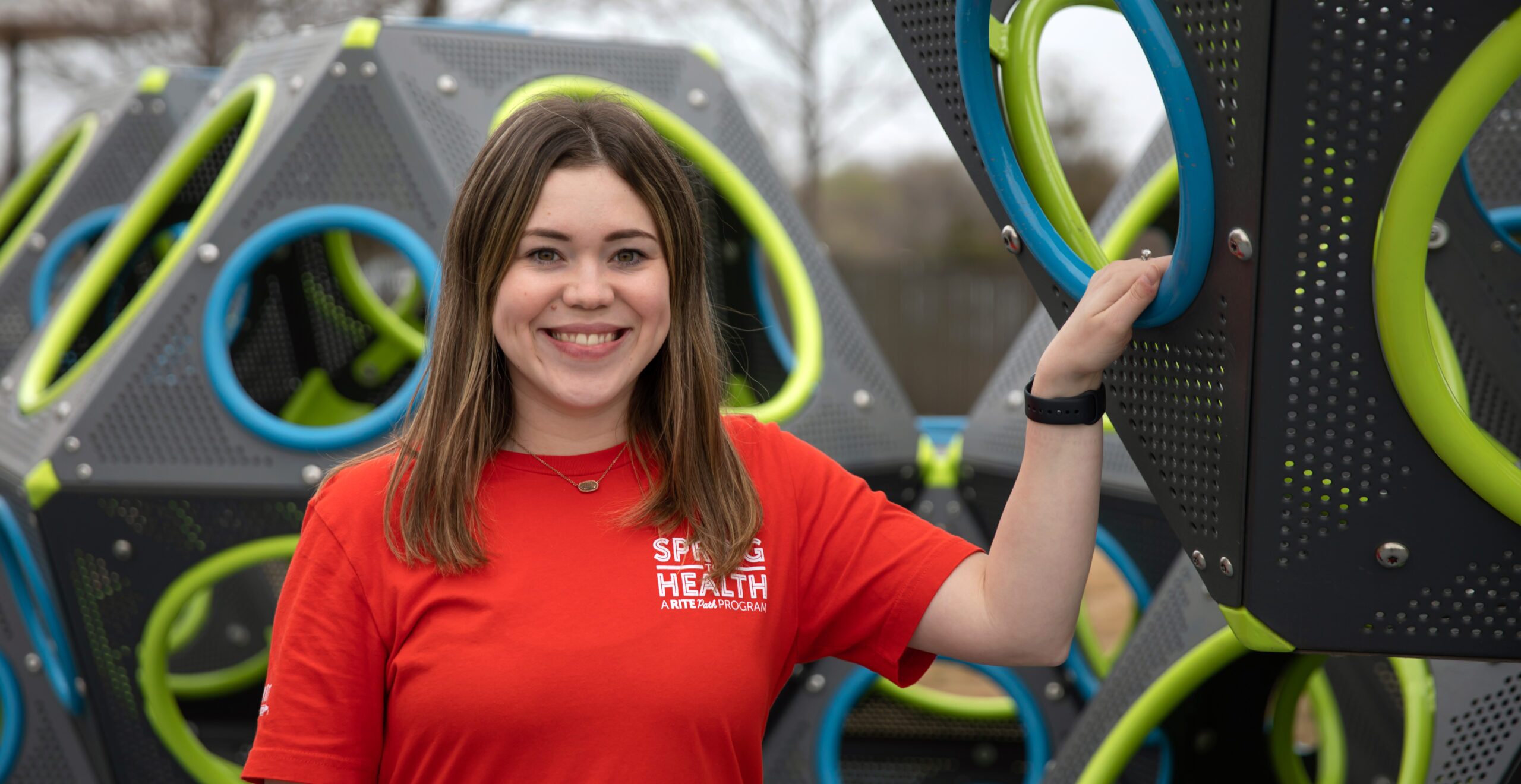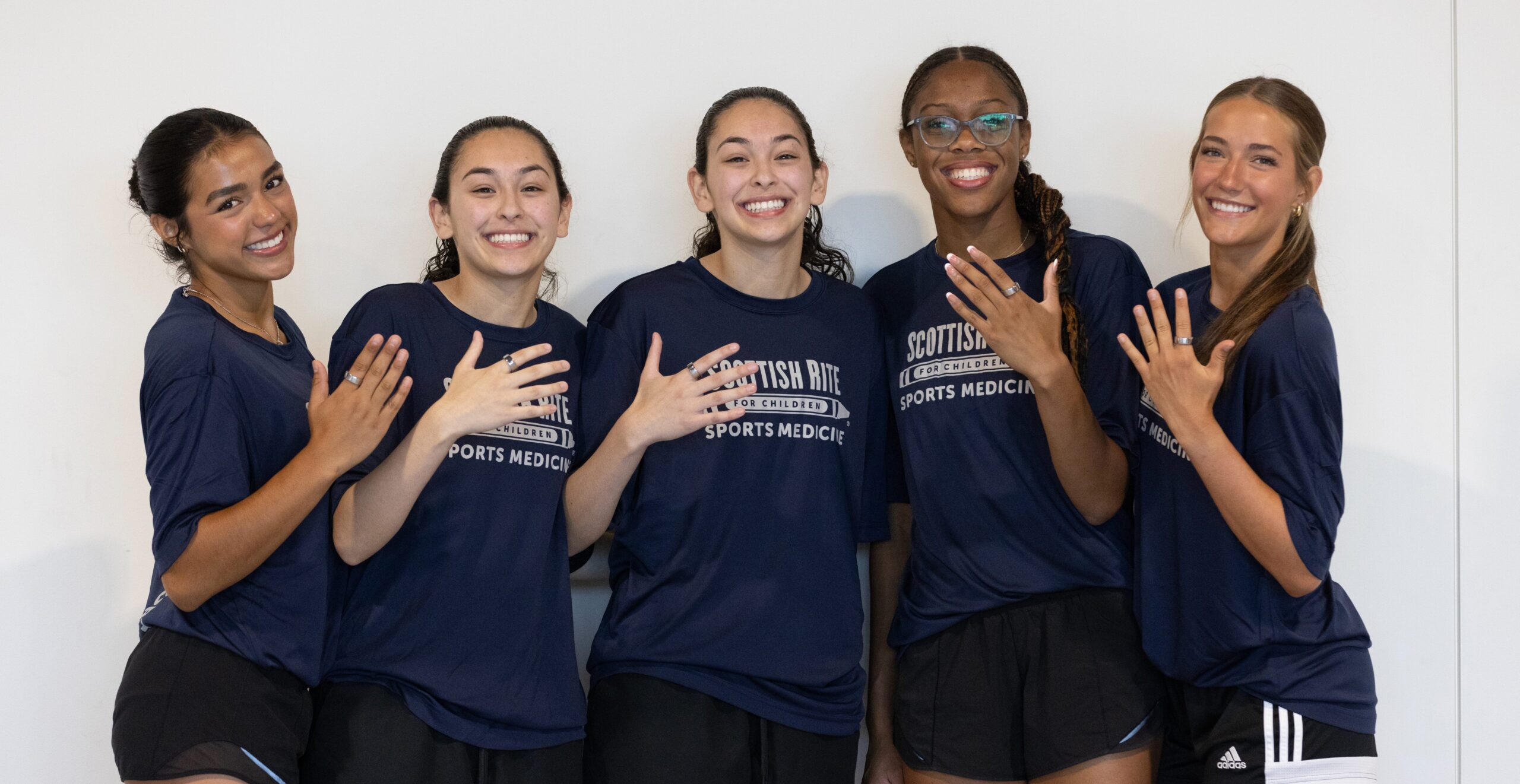Since 1968, Scottish Rite has been a pioneer and international leader in the evaluation and treatment of dyslexia. Dyslexia is a specific learning disorder that is neurological in origin, affecting a child’s ability to decode words (break them down into sounds) and then sound out new words. Additional problems can include reading comprehension, reduced reading experience and impeded growth of vocabulary and background knowledge.
Innovators at Scottish Rite approached Marjorie Zielke, Ph.D., Director of the Center for Simulation and Synthetic Humans UTD to develop a program that would make dyslexia intervention possible for more children. Using motion capture recording technology, Zielke’s team of researchers, artists and developers worked with Karen J. Avrit, M.Ed., LDT, CALT-QI, Director of Dyslexia Education at the Luke Waites Center for Dyslexia & Learning Disorders to create Ms. Hallie, a virtual human. By recording Avrit’s precise facial movements, dictation and vocal tones, her expert teaching methods have been captured and preserved, allowing her expertise to be shared in classrooms across the country. Alongside a certified teacher, Ms. Hallie will help instruct students while using the dyslexia intervention curriculum created by Scottish Rite, Bridges: A Dyslexia Intervention Connecting Avatar, Teacher and Student. Avrit has more than 30 years of dyslexia education experience and serves as the lead author of both the Take Flight and Bridges curriculum.
Scottish Rite’s expertise in dyslexia education and therapist training, combined with UT Dallas’s futuristic synthetic human and simulation technology, allows Bridges to knock down barriers. Districts and schools who do not have access to specialized education or enough certified dyslexia therapists can now provide more services to those in need. Together, Avrit, Zielke and their teams are excited about the possibilities. “Bridges was the carefully considered response to the discrepancy between the number of students who need services and the number of trained therapists available to provide services,” Avrit states. “It was designed to maintain high-quality and effective research-backed dyslexia instruction.”
While there is no replacement for a fully trained dyslexia therapist, “this program integrates the human expert (teacher), alongside the virtual human (Ms. Hallie), ensuring that the child receives the education they deserve,” Zielke said. “This important triad is built into the name, and this technology is successful due to all three components working together.”
Learn more about our Luke Waites Center for Dyslexia and Learning Disorders.







